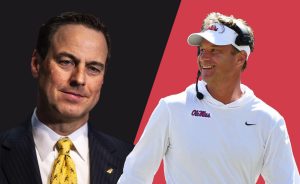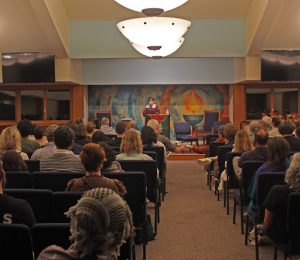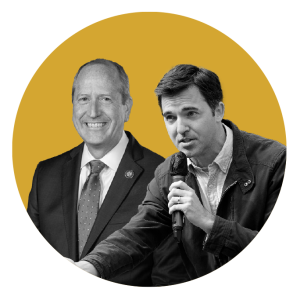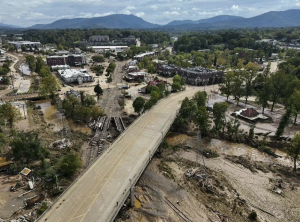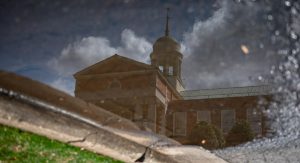Election polls obscure reality with narrative
Voters should not rely on polls to determine their political actions
October 29, 2020
Wouldn’t it be great if you could have a sure feeling of who was going to win the 2020 Presidential election? I’m sure most people can remember the night when Donald Trump was elected president and the subsequent morning when you waited to see if everything had been counted correctly. It was a visceral, shocking moment. The issue is, everyone thought they knew who the winner would be in 2016.
Leading up to the general election, pretty much all of Hillary Clinton’s political base and some part of Trump’s believed that Clinton would be elected as the 45th President of the United States. There was an undeniable certainty of this outcome. But after this outcome was not realized, the question soon became not about why they were wrong, but how they were wrong.
The methods of polls have always been in question. If you aren’t a political or data scientist, the procedures of polls might never be completely clear to you. This is because there are a wide variety of polls and every poll differs in the process of data collection. In 2016, the methods of certain polls had a major fault, one that created assurance in a Clinton victory — this was the overestimation in the amount of college educated votes for Clinton. When news and media corporations are in a pinch for data, a shift occurs in their data collection. They begin to rely on firms that have significant problems with data quality. This isn’t that hard of a fact to realize, when you look at the majority of procedures for pollsters. With the advent of the internet, polling became less of a privilege and more of a tiresome triviality. There aren’t any more land lines and people check their mail way less than they used to. Now, the popular method for gauging a voter’s choice is through robocalls and online surveying, which tends to produce less accurate data than the earlier methods — which targeted voters who were sure of their vote and who were glad to give out that information. Currently, the most prominent and reliable polls, Politico, The Associated Press and the Pew Research Center use either live telephone calls or offline panels.
With the advent of the internet, polling became less of a privilege and more of a tiresome triviality. “
There was a crisis regarding political polling following the 2016 election. People weren’t sure if any political poll was to be relied upon, because such a large majority of them had been wrong. Political polls may have been wrong about the electoral college, but they weren’t wrong about the popular vote. Clinton won the popular vote in 2016. More Americans voted for her than Trump, so in that way the polls which predicted her presidential victory were correct. The major problem was — once again — an error in accounting for college educated votes. The assumption was that most college educated voters would be voting for the Democratic candidate, and because voters with a higher education level are more likely to participate in polls, this means that there are a higher number of Democratic voters than are actually in a regular sample. The solution, which most pollsters have already adjusted to now, has been to weight the polling method accordingly, so that the poll accounts for Republican voters with a college education or higher.
Ultimately, the political polls that will be conducted and already have been conducted have a high degree of accuracy. The problem is that they will never be sure of who will win the electoral college, only that a slightly larger group of Americans will be voting for one candidate over the other. I recommend the same advice as most political party officials and members have during this 2020 election. They have urged voters to disregard polls that predict the landslide election of any candidate.
The reason that they are doing this is because they know that if a voter hears that a candidate will win, they won’t feel the need to go vote for that candidate. Just like the pollsters and the data collectors, these party officials and advocates know that polls aren’t a completely sure bet.
In the end, you should realize that you cannot trust polls for a definite answer about this election. The media conflates any tidbit of polling information, however faulty, to sustain their narratives. The last thing you should do as a rational, politically active American, is to base your life decisions off some product of news media. Their aim is to tell you what you want to hear, not what is true.



